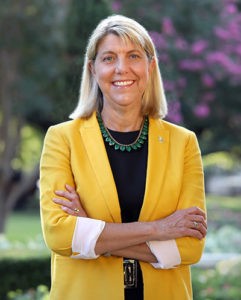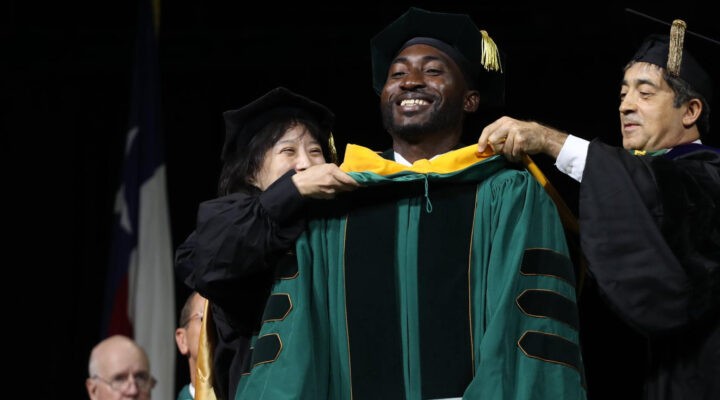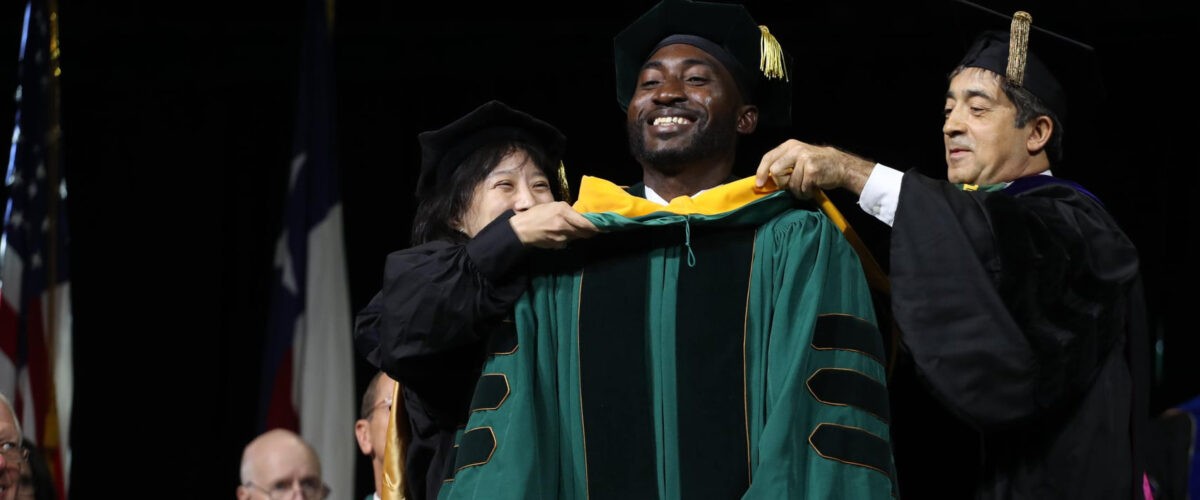Baylor University achieved one of its biggest long-term goals Dec. 16 when it was named a Research 1 university by the Carnegie Classification of Institutions of Higher Education.
The R1 ranking, as it is known in academic circles, places the Baptist-affiliated school among the nation’s academic elites in affirmation of its doctoral-level research.
Carnegie currently lists 137 schools in R1 category, of which only 37 are private schools like Baylor. Baylor becomes the only school in the R1 category with an explicit and primary identity as a Protestant faith-based institution. Although now independent from the Baptist General Convention of Texas, Baylor has maintained a public identity as a Baptist and faith-based university.
“This is a moment of exuberant joy for Baylor University.”
Among other private R1 universities that maintain religious training components out of a faith-based heritage are Duke, Emory, Harvard, Princeton, Notre Dame and Vanderbilt.
Achieving this academic credential has been a long-term goal of Baylor’s board of regents and administration, who have noted through the years the uniqueness of Baylor in the mix of other R1 universities. Until this week, Baylor has been classified as an R2 doctoral university by Carnegie, one notch below R1 schools.

Linda Livingstone (Photo/Baylor)
President Linda Livingstone announced to faculty in August 2019 that the university would seek the higher Carnegie ranking. She said then: “Baylor University’s vision affirms that the world needs a preeminent research university that is unambiguously Christian, and we are uniquely positioned to achieve this goal by building on Baylor’s historic strengths and strategically investing in new areas of research and service.”
She added: “As Baylor achieves preeminence as a Christian research university, it enables researchers from throughout the university to infuse the quest for solutions, at the highest levels, with Baylor’s distinct voice and Christian mission.”
In announcing the notification from Carnegie officials Dec. 16, Livingstone said: “Our R1 aspirations have represented an incredible opportunity — one given to us by God — to do what very few, if any, universities have achieved: maintaining our foundational Christian mission while reaching R1 status as a top-tier research university.”
While a faith orientation is not an explicit barrier to R1 status, few faith-based schools have the financial resources and research record to meet the criteria. Baylor, especially through its current strategic plan, has worked specifically toward those criteria.
Criteria for the Carnegie R1 designation include the number of research or scholarship doctoral degrees awarded during a year, total dollars spent in doctoral-level research, and the number of research staff in science and engineering fields.
Among the actions Baylor has taken toward this goal:
- Increasing research doctorates from 110 in 2017 to 167 in 2021.
- Growing research expenditures from $29.4 million in 2017 to $47 million in 2021.
- Increasing awarded research dollars from around $11 million in 2017 to more than $27 million in 2021.
- Increasing research staff in science, technology, engineering, mathematics, social sciences and health from 47 in fall 2016 to 68 in fall 2020.
- Landing a $43.4 million research grant for the Global Flourishing Study, the largest single funded research project in Baylor history and the largest initiative of its kind to investigate the factors that influence human flourishing.
“This is a moment of exuberant joy for Baylor University. It has been a labor of love for so many people,” said Baylor Provost Nancy Brickhouse. “As we look ahead to the future, achieving R1 designation will make it easier for us to continue our growth in recruiting world-class faculty, graduate and undergraduate students and to attract people who are serious about research and want to be at a place with a compelling Christian mission like Baylor. It’s to the glory of God that we do this, and we now get to double down further in pursuit of the impact we hope to have as a Christian research university.”
Carnegie reclassifies institutions every three years. Baylor’s reclassification is under a six-week public review before becoming official by the end of January 2022.
Related articles:
New endowed academic chair will lead Baylor in research to end hunger
Jeffress warns parents not to send their kids to Baylor’s ‘infidels’
Baylor surpasses $1 billion mark in current fundraising campaign


